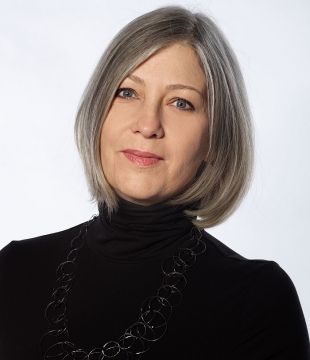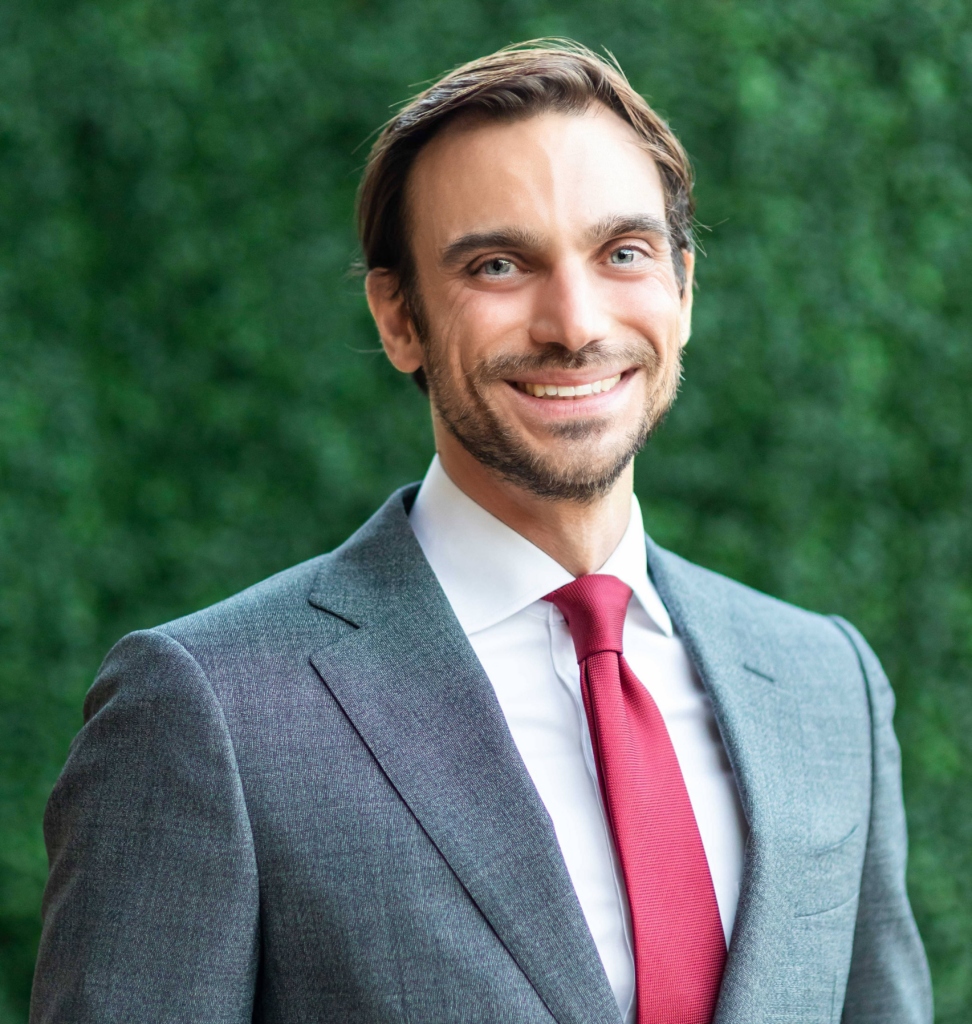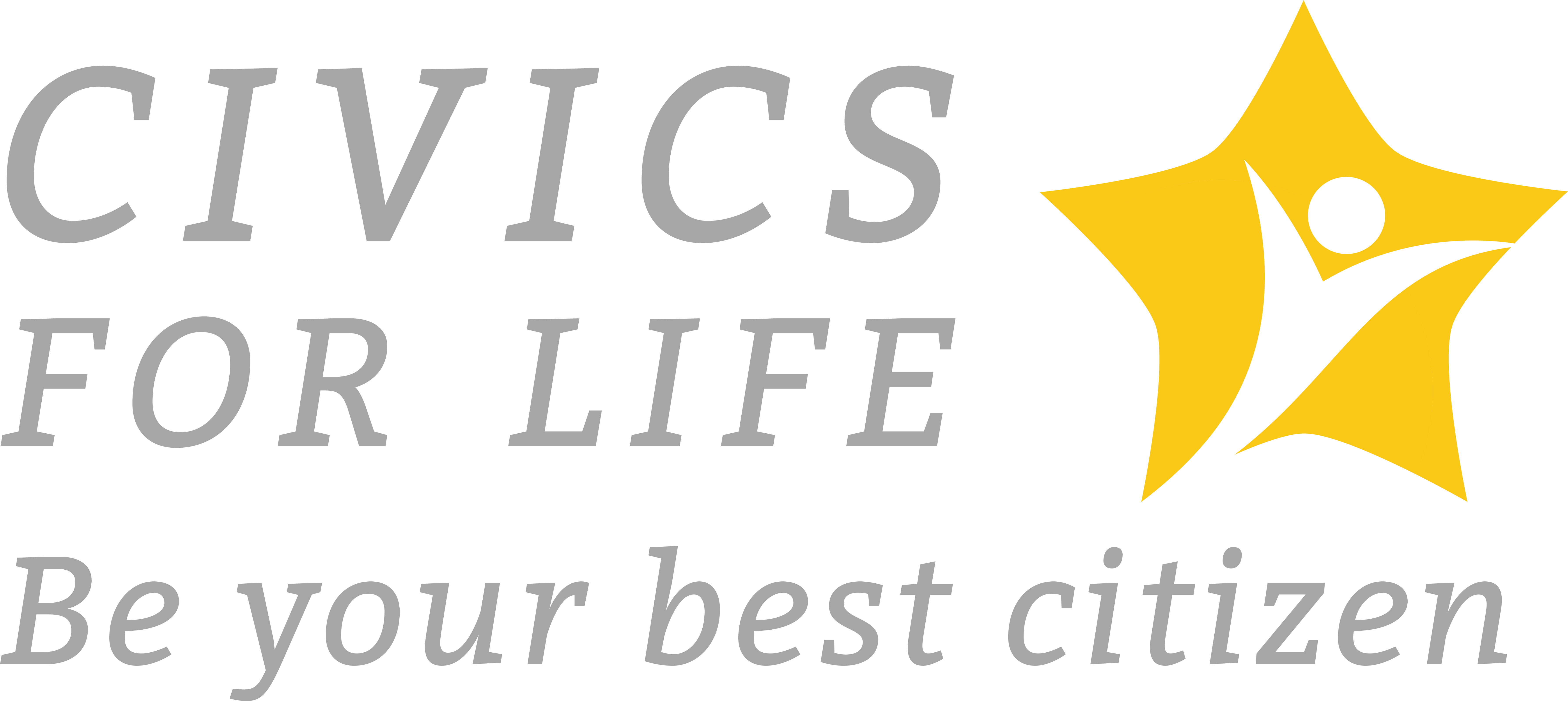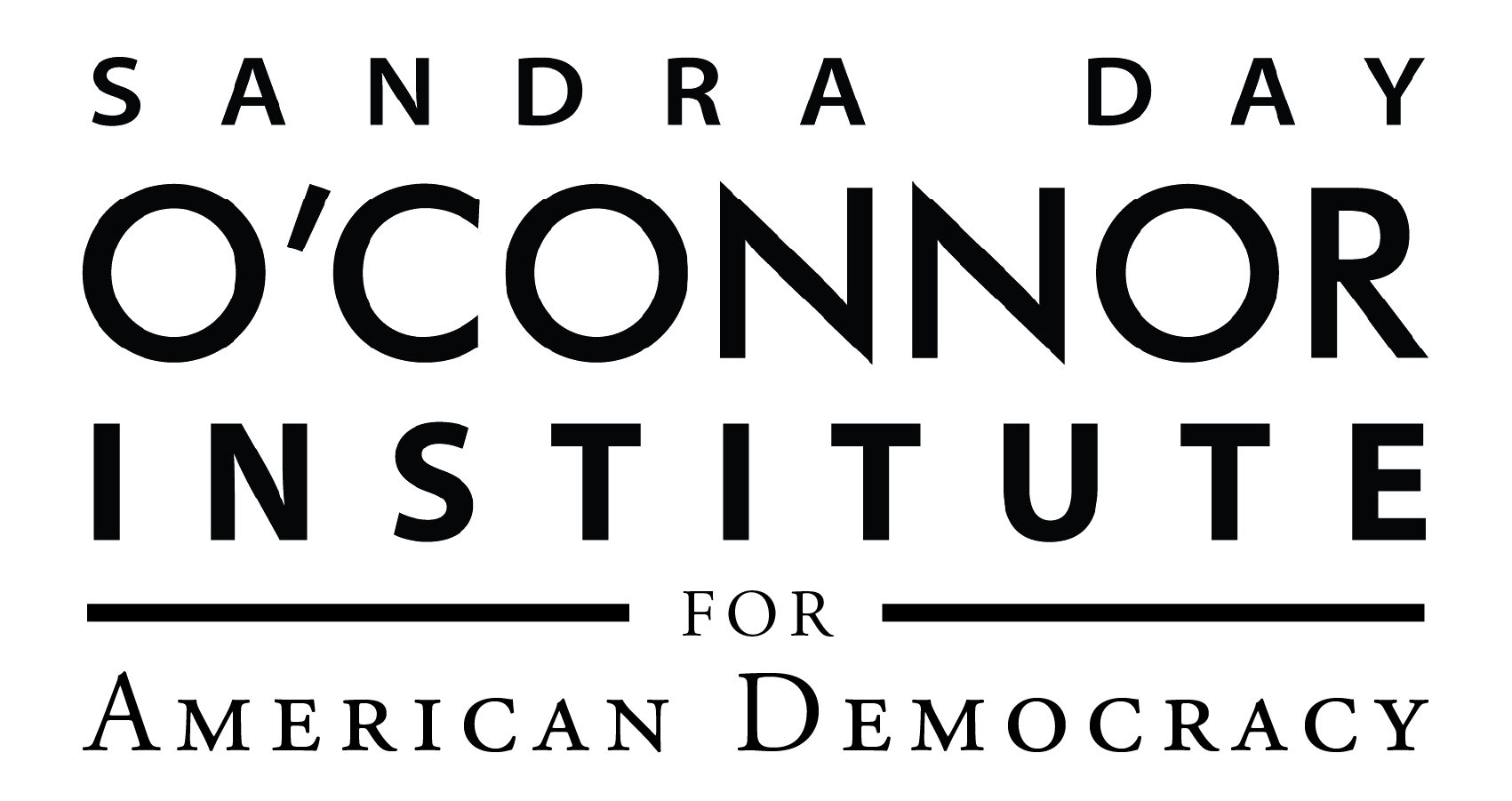The Museum as Civic Space, with Dr. Anthea Hartig
What is the museum’s role in society? How does – and can – the museum function as a civic space? Dr. Anthea Hartig, the first woman director of the Smithsonian Institution’s National Museum of American History, recently sat down with Civics for Life to briefly discuss these and other questions.

About the Speaker

Anthea M. Hartig is the Elizabeth MacMillan Director of the Smithsonian’s National Museum of American History and the first woman to hold the position since the museum opened in 1964. Hartig oversees 231 employees, a budget of over $54.5 million and a collection that includes 1.8 million objects and more than three shelf-miles of archives. She officially began her tenure Feb. 18, 2019.
An award-winning public historian and cultural heritage expert, Hartig is the president-elect of the Organization of American Historians. Prior to joining the Smithsonian, she served as the executive director and CEO of the California Historical Society in San Francisco. Hartig is a third-generation native of Southern California, where she grew up in the greater Pomona Valley. She earned her doctorate and master’s degrees in history at the University of California, Riverside, her bachelor’s degree at the University of California, Los Angeles and studied as an undergraduate and graduate student at the College of William and Mary.
Liam Julian | Moderator

Liam Julian is director of public policy for the Sandra Day O’Connor Institute for American Democracy. He was previously managing editor of Policy Review magazine in Washington, D.C. His writing and commentary on public policy topics has appeared in a variety of publications such as The Washington Post, The Atlantic, City Journal, and National Review and on programs such as NPR’s Morning Edition and All Things Considered. Mr. Julian also spent time working with the College Board, where he oversaw development of Advanced Placement curricula, including the redesign of the AP U.S. Government and Politics course. From 2006 to 2013, he was a Hoover Institution research fellow at Stanford University.

